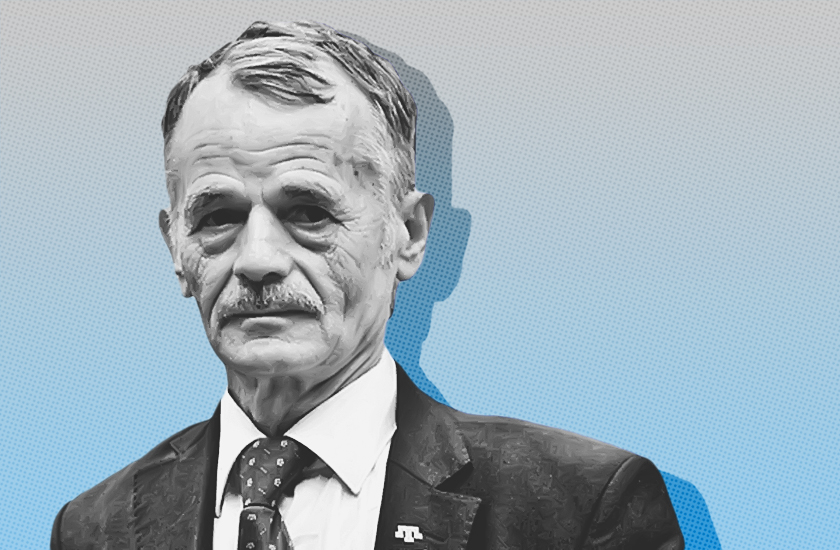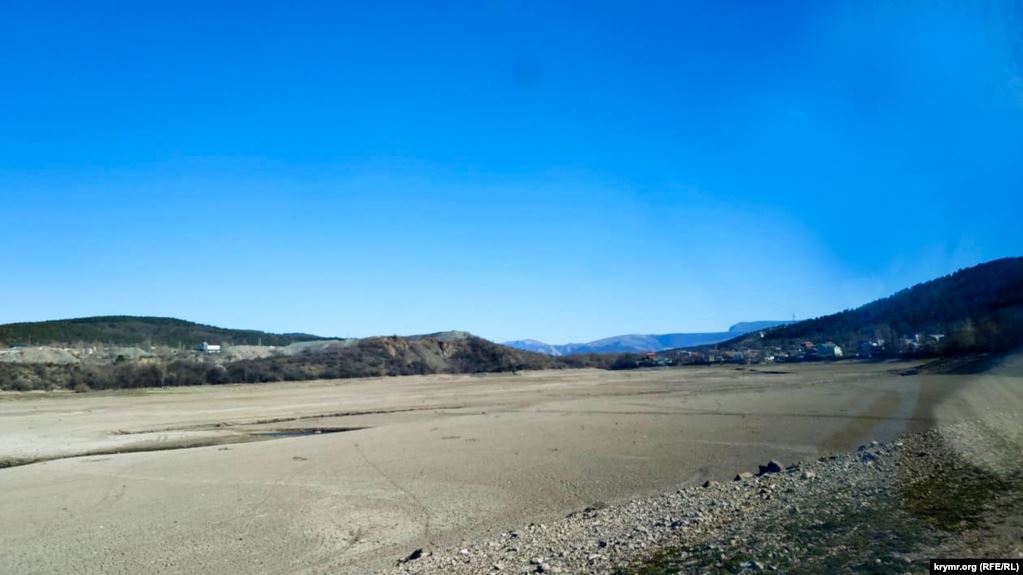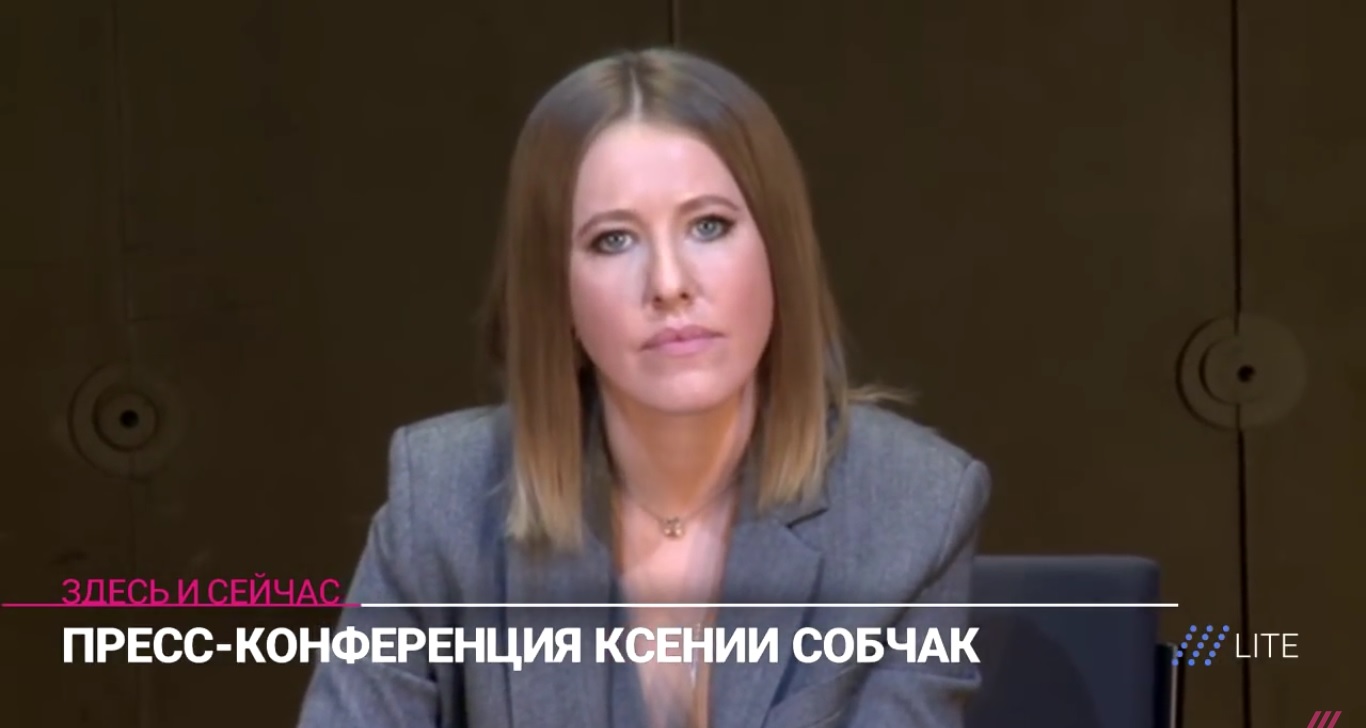Every nation has its own iconic date consolidating people, and these dates are often linked with independence and liberation. However, the Crimean Tatars’ special date is connected with tragic events. The deportation in 1944 changed the fate of our nation drastically, being a real genocide. 46, 4% of our fellow citizens perished in the first two years after the deportation due to terrible living conditions. The ones who survived started their struggle for the return to the homeland. The struggle was exhausting and lasted for decades. The Crimean-Tatar national liberation movement declared the principle of non-violence from its very beginning and used only democratic methods. However, hundreds of our fellow citizens passed through prisons and camps. We had not yet completed the process of our return but were slowly restoring our rights, step by step. Though it was hard, we were still living in a democratic state with at least a possibility to strive for something.
And then, in February of 2014, a new occupation regime came, a regime resembling one we fought against for decades, resembling the 1950’s under Soviet rule. In some aspects, the new occupation was even worse: under Soviet rule, dissidents were put to prison but there was a clear procedure. Now people just vanish. 18 people disappeared and only 3 of them were found. The others are likely to be dead and we know who did it. Remember the murder of Reshat Ametov, the first victim. We saw him being pushed forcibly into a car. In a week, we found his dead body with traces of torture. He was probably killed by a stab wound to the eye.
Now, the Crimean Tatars can be divided into three categories. The large majority of our people, about 90%, are living with a hope that this will end soon. The others, a small part, believe the occupation is going to last long, maybe even until the end of their lives. So they are trying to get used to it and cope somehow, but it does not mean they accept it. And, there is a smallest group of people who are really afraid the occupants would leave someday because then they would have to leave too, as they are afraid of living alongside their fellow citizens who would despise them.
The policy of the Russian authorities towards the Crimean Tatars had always been two-edged. Two political courses existed, one claiming the impossibility of any negotiations and thus advocating the traditional oppression methods: splitting up, repressions, starvation. The second course proceeded from the attempts of dialogue with the Madzlis. As Putin’s attempts in this direction failed, he is now implying the first variant, using all his forces to split the Crimean Tatar people. But there is a very strong ‘but’: we’ve seen all this before. These are Soviet methods, and they are not very successful.
Throughout the whole of 2014, the events in Ukraine were in the spotlight of the world community. Nobody could imagine that in the 21st century a country would just invade another country, tear off a part and annex it. And this happened after all of Putin’s statements on respecting Ukraine’s sovereignty and territorial entity. A few months before, in November 2013, Putin had spoken about Russia’s possible actions regarding Crimea having refused any possibilities of interfering into Ukrainian politics.
10 days before the occupation, I had had first suspicions of Russia’s plans. A meeting with the Russian Federation’s spokesperson was arranged in Sevastopol. We were discussing the mutual relations between Crimea and Tatarstan when suddenly he told me he was empowered to invite me for a meeting with Putin. I asked him about the subject of the talks. He told me the future of Crimea was going to be discussed. In turn, I expressed my question why a foreign country should discuss the future of Ukrainian territory and thus refused.
When the notorious events began, there was another offer of a meeting from Moscow, but this time a totally different one. At first, there was an invitation from Mintimer Shaymiev, ex-president of Tatarstan. I accepted the invitation, but he told me next day that Putin would like to join the meeting. So I refused again. I had nothing to discuss with Putin as a part of Crimea was already under occupation. It was 12 March.
On March 16, a so-called ‘referendum’ took place. I had left Crimea by that time with Refat Chubarov, flying to Ankara. The Turkish president invited us because he was eager to know the course of events. In the afternoon, when we arrived and left the plane we saw the information on the net saying 60% of Crimean citizens had already voted. I said there would be probably 120% of voters by the evening. However, the numbers turned to be more modest: an 85% turnout was announced. It was said 95% of them voted “yes” to joining the Russian Federation.
These were total lies. We have a possibility to monitor the electoral behaviour of our fellow citizens, there are Crimean Tatars at all the voting points observing and knowing the voters by name. So, we have counted that only 900 to 1,200 people out of 180,000 Crimean Tatars with the right to vote came to the referendum. The Russian-speaking population was more active, but still less than the official numbers claimed. Actually, even in the ‘hottest’ moments the voter turnout in Crimea was never more than 60%. It equaled about 48% at the previous elections of the parliament. So we started investigations how the referendum was really held, examining information from different sources and came to a conclusion that the real turnout was only about 40%.
We received information from a secret local FSC report to in Moscow (you know, Russia is so corrupt that they offered to sell us the document) saying only 34,2% had taken part in the referendum.
Later, one of the Russian human rights activists has remarked upon this sarcastically: ”Dear Crimean citizens, congratulations on the successful holding of the referendum and joining the Russian Federation. But remember, this is the last referendum in your life”. And he was right, as now any talks on referendum regarding status of Crimea are seen as a violation of the Russian Federation’s territorial integrity.
The first thing the occupants did was put all the media under their control. Ukrainian TV channels stopped broadcasting and Russian ones took their place. This was done with the help of the so-called ‘self-defense’ who would usually just come, occupy the place and introduce the new administration. There used to be an independent Crimean-Tatar private channel ATR, and it was closed too. It was not calling openly to fight the occupants, but it was very interesting, cultural and enjoyed popularity in Crimea. It was the only channel on the occupied territory broadcasting in three languages: mostly Russian, partly Crimean Tatar and often a little Ukrainian which annoyed the occupants much. Their hostility towards anything Ukrainian was even more than towards Crimean Tatar. Now there is an air of fear in Crimea. The increasing number of denouncements reminds us of 1937. People are afraid even to talk to each other.
By April 18th, 2014, people should decide if they wish to keep Ukrainian citizenship or not. If they wished, they should apply for a special application. Those who did not automatically became Russian citizens.
But the most interesting things about this were two paragraphs in the application form. A person should confirm his awareness of Crimea being part of Russian Federation due to the treaty. So, they refused to call it an occupation or annexation. The second paragraph told the person willing to keep Ukrainian citizenship should agree that he or she was a non-resident in Crimea. That meant every 90 days he/she should leave Crimea, go to another country and on return apply to the occupation authorities to let him go home.
Also, a person without a Russian passport cannot hold an administrative position. Even if someone is dying, they are asking for a Russian passport at the hospital as medical treatment cannot be given without it. It is cynical and indecent.







